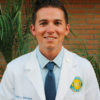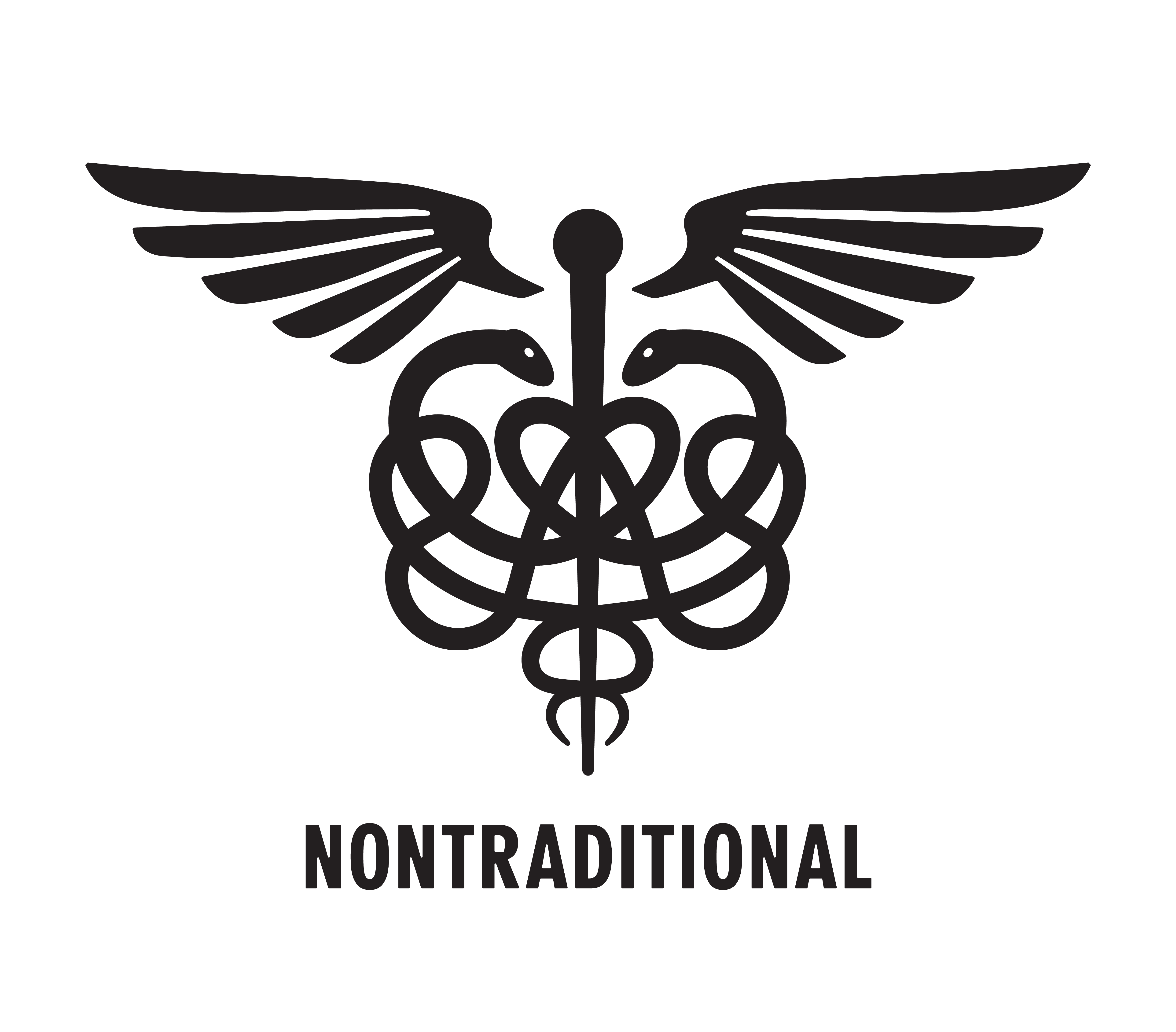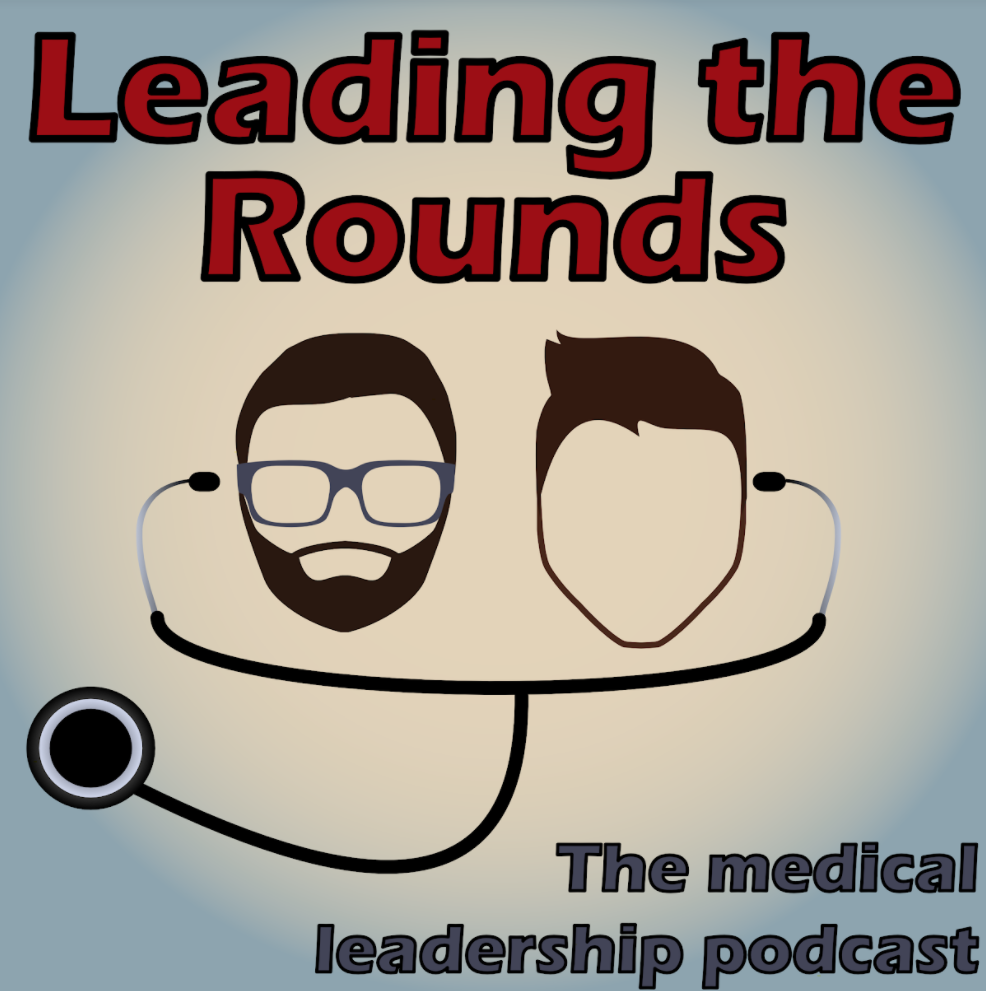 Christina Chopra (2 Posts)
Christina Chopra (2 Posts)Columnist
California University of Science & Medicine
Christina is a third-year medical student at California University of Science & Medicine in Colton, CA class of 2022. In 2013, she graduated from NYU with a Bachelor of Arts in biological anthropology. She then received her post-baccalaureate certificate from Hunter College in NY in 2017. She enjoys hiking, baking, and gardening in her free time. In the future, Christina would like to pursue a career in surgery and surgical education.
Nontraditional
While nontraditional paths to medicine come with their own unique perspectives and hurdles, often overlooked are the nontraditional experiences that color our paths once we make it through the medical school doors. Whether it’s questioning our motives or finding purpose while blundering through the hospital halls, the off-book lessons we learn as med students are often the most valuable, and deserve some time in the spotlight. With this in mind, Christina’s column seeks to unpack the anxiety and find the humor in pursuing a notoriously tough career path.

As soon as I let the door close quietly behind me, I turned to face the glaring, rude fluorescent lights of the operating room foyer. I felt my pupils constrict against their offensive shine as I ripped down my mask to suck in as much oxygen as my deflated lungs possibly could.
If there is one thing I have learned, it is that what we, the medical providers, think is important may not necessarily be the priority of the patient. We want to know: why are your sugars uncontrolled? How is your diet? Have you been able to take your metformin? However, for the patient, these things are often trivial. The patient wants to know: how will I be able to afford these medications with my part-time job? How am I expected to see a specialist without insurance? Should I be going outside to exercise, or will I contract coronavirus?
Having a family, for some of us, is also non-negotiable. We want to be moms, and we have the right to pursue more than just medicine. So let us flip the script in our mind. Our mindset should not be a question: “Can I have a baby during my training?” Instead, let us decide, “I will have a baby during my training, and this is how.” Own it. Do not apologize for it.
In this episode we interview Dr. Alison Van Dyke. Dr Van Dyke joined the Data Quality, Analysis, and Interpretation Branch of the Surveillance Research Program (SRP) as Director of the SEER-linked Virtual Tissue Repository (VTR) Pilot Studies. For the VTR Pilot Studies, SRP works with SEER registries to obtain custom annotations of detailed treatment data for pancreas and female breast cancer cases which may have biospecimens available.
“As long as we make leadership something bigger than us…we give ourselves an excuse not to expect it every day, from ourselves and from each other.” In this episode we interview Drew Dudley. Drew has been called one of the most inspirational TED speakers in the world, and he is on a mission to help people unlearn some dangerous lessons about leadership.
I have become, in these last six months, a twisty little ouroboros. I eat my tail because it’s all I know, and I savor my pain and confusion. I am always full and always empty and a little twitchy from all the coffee. We are one of the few medical schools in the country to push ahead early with in-person rotations during the pandemic.
In this episode, we discuss bullying in medicine, driving cultural change, as well as his belief that one person can change the world. We hope you enjoy this episode of Leading the Rounds.
A man sleeps in the sun on a bench across from the hospital. On the bench diagonally opposed, across and beside him, an almost-doctor eats cold noodles.
Patient 15 was a fit 38-year-old female with a past medical history of dilated cardiomyopathy who presented for follow-up on her most recent echocardiogram results. Flipping through the past notes, prior echos, family histories, I was captivated. A previous echo revealed an ejection fraction of about 50% — her heart was already revealing its impending fragility. The most recent echo, just five months later, revealed an ejection fraction of 20% — her heart was failing!
In the extremely efficient and fast-paced environment of health care, the emotional needs of patients and their families may become secondary to their medical treatment plan. But emotional stressors may be directly associated with poor outcomes in regards to the healing process and overall quality of life. Thus, these needs may be addressed by face-to-face communication that allows for better patient education. Such investment of time is most rewarding when both the patient and family members have the opportunity to explain their fears and worries regarding treatment.
We sit in a clumsy ring / under fluorescent lights, / halfway into the allotted one hour / before we realize that we are having / a conversation born a whole decade ago.
It was a Saturday morning and there were close to fifty volunteers who gathered at a homeless shelter in Riverside, CA ready to give out hygiene care packages and offer free showers, haircuts, clothes, and food. Eager medical students and physician assistants provided free health care screening and visits. Efforts like these are fairly common — nothing groundbreaking.
 Daniel Gehlbach (2 Posts)
Daniel Gehlbach (2 Posts)Contributing Writer
University of California, Riverside School of Medicine
Daniel Gehlbach is a third-year medical student at the University of California, Riverside School of Medicine in Riverside, California, class of 2022. In 2016 he graduated from the University of California, San Diego with a Bachelor of Science in Bioengineering: Biotechnology, in 2018 he graduated from San Diego State University with a Masters of Public Health Epidemiology degree. He is committed to alleviating health disparities and bringing health equity to minorities, refugees, immigrants, migrants, non-native English speakers, the homeless, the poor, and many more. Daniel intends to practice Street Medicine in Southern California and continue to expand efforts to care for the underserved, model by example, and eventually lead and train the next generation of physicians and medical staff.






